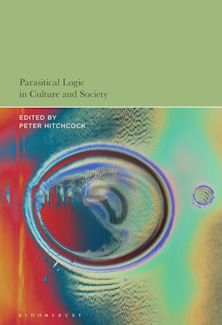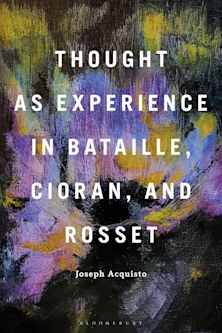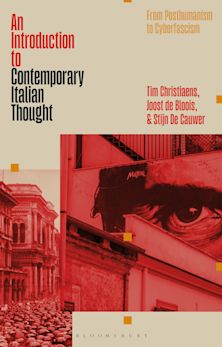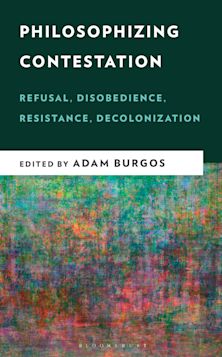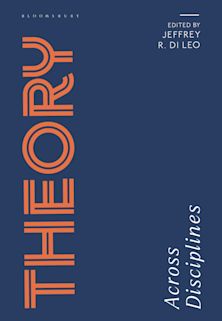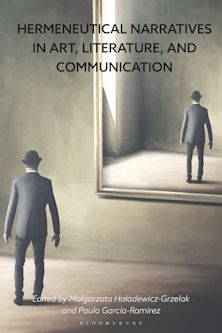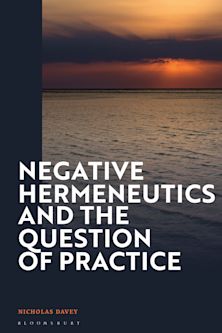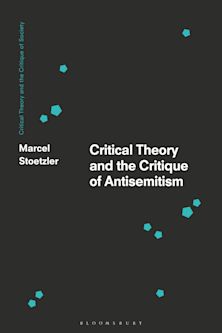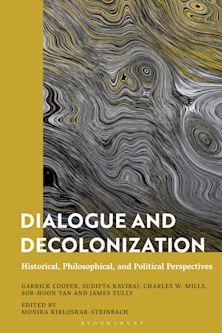- Home
- ACADEMIC
- Philosophy
- Critical Theory
- Shopping Mall
- Delivery and returns info
-
Free US delivery on orders $35 or over
You must sign in to add this item to your wishlist. Please sign in or create an account
Description
Object Lessons is a series of short, beautifully designed books about the hidden lives of ordinary things.
The mall near Mat thew Newton's childhood home in Pittsburgh, Pennsylvania, was one of the state's first enclosed shopping malls. Like all malls in their heyday, this one was a climate-controlled pleasuredome where strangers converged. It boasted waterfalls, fish ponds, an indoor ice skating rink larger than Rockefeller Center's, and a monolithic clock tower illuminated year-round beneath a canopy of interconnected skylights. It also became the backdrop for filmmaker George A. Romero's zombie opus Dawn of the Dead.
Part memoir and part case study, Shopping Mall examines the modern mythology of the mall and shows that, more than a collection of stores, it is a place of curiosity, ritual, and fantasy.
Object Lessons is published in partnership with an essay series in The Atlantic.
Table of Contents
Part One: Childhood
1. Eternal Spring
2. Paradise Unknown
3. Spaces Between
4. Shopping is a Feeling
Part Two: Adolescence
5. Little Boxes
6. White Denim
7. Mall Madness
8. Neon Hallways
9. Young Love
Part Three: Adulthood
10. Homecoming
11. Ghost Malls
12. Utopia Interrupted
13. New Futures
Acknowledgments
Notes
Index
Product details

| Published | Sep 07 2017 |
|---|---|
| Format | Paperback |
| Edition | 1st |
| Extent | 176 |
| ISBN | 9781501314827 |
| Imprint | Bloomsbury Academic |
| Dimensions | 6 x 5 inches |
| Series | Object Lessons |
| Publisher | Bloomsbury Publishing |
About the contributors
Reviews
-
A smart and empathetic look at this waning icon of 20th-century American consumer culture.
Pittsburgh City Paper
-
Matthew Newton evokes the American mall as symbol of white flight, aspirational fantasy, and shop-till-you-drop consumerism of the late 1980s. These are striking tales of suburban isolation in which Newton reveals life from the employee side of the counter to the idealistic architects' designs. Above all, he takes an aging mainstream phenomenon and makes it personal and present.
Yona Harvey, author of Hemming the Water
-
The best passages are those about the actual idea of the mall, designed by figures such as the Viennese Victor Gruen as a new sort of civic space that could replace the lost town square in a post-WWII America reshaped by the rise of suburbia. Newton wraps up with evocative reflections on instances of violence in shopping malls and questions about a possible renewal for these spaces, the popularity of which has flagged since their heyday nearly 30 years ago. To put it into the vernacular, this book about the mall is at its best when it's, like, totally about the mall.
Publishers Weekly
-
Shopping Mall is for anyone who enjoys intelligent, thoughtful writing. It is surprisingly emotional for a book nominally about an impersonal space. It's safe to say this is the very best book I have ever read about a mall.
Pittsburgh Magazine
-
This series really gets better and better. Newton linking his own life to the malls he knew growing up, and telling not only his story, but the fall of a very American institution, is engaging and profound.
Jason Diamond, author of Searching for John Hughes
-
Newton explores the life of the shopping mall from the first ground-breaking, in the 1950s, through the chaos and excess of the 1980s to the present, including the death rattle of many malls … In exploring a personal connection to the mall, he reveals a good bit about himself. The memoir elements of the book are eloquent and intimate, detailing his struggles with depression and anxiety. They also provide a reader with a walking bridge, an avenue for connection to the mall itself.
Pittsburgh City Paper

ONLINE RESOURCES
Bloomsbury Collections
This book is available on Bloomsbury Collections where your library has access.












